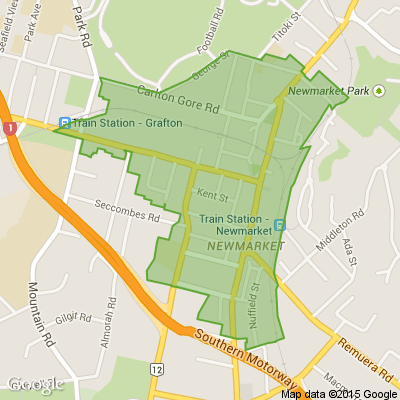Beware of this email scam
An email scam has re-emerged that references Police and other justice sector partners.
The email claims authorities have done a search of the email recipient’s computer locating explicit illegal material, and that a reply is needed within 48 hours or a warrant will be issued for their arrest.
This email is a scam and anyone who receives it should not reply under any circumstances. Although some versions of the email do not specifically reference money, other similar scams involve the recipient being issued a ‘fine’ when they respond. Police have received several reports of this scam and enquiries are underway.
It’s important to note that Police and other government agencies will never contact you out of the blue and ask for your password, credit card or bank details.
Anyone who received this email scam is asked to send it as an attachment in an email to the Police Cybercrime Team: cybercrime@police.govt.nz
Police recommend taking a cautious approach to unsolicited emails.
- Trust your gut instinct - if it doesn’t feel right, it probably isn’t.
- Information on other scams currently operating can be found on the Consumer Protection website.
- Netsafe can also provide some helpful advice about keeping safe online.

Poll: Should the government levy industries that contribute to financial hardship?
As reported in the Post, there’s a $30 million funding gap in financial mentoring. This has led to services closing and mentors stepping in unpaid just to keep helping people in need 🪙💰🪙
One proposed solution? Small levies on industries that profit from financial hardship — like banks, casinos, and similar companies.
So we want to hear what you think:
Should the government ask these industries to contribute?

-
59.6% Yes, supporting people is important!
-
26% No, individuals should take responsibility
-
14.4% ... It is complicated
A Neighbourly Riddle! Don’t Overthink It… Or Do?😜
Do you think you know the answer? Simply 'Like' this post if you know the answer and the big reveal will be posted in the comments at 2pm on the day!
If you multiply this number by any other number, the answer will always be the same. What number is this?

Have you got New Zealand's best shed? Show us and win!
Once again, Resene and NZ Gardener are on the hunt for New Zealand’s best shed! Send in the photos and the stories behind your man caves, she sheds, clever upcycled spaces, potty potting sheds and colourful chicken coops. The Resene Shed of the Year 2026 winner receives $1000 Resene ColorShop voucher, a $908 large Vegepod Starter Pack and a one-year subscription to NZ Gardener. To enter, tell us in writing (no more than 500 words) why your garden shed is New Zealand’s best, and send up to five high-quality photos by email to mailbox@nzgardener.co.nz. Entries close February 23, 2026.







 Loading…
Loading…